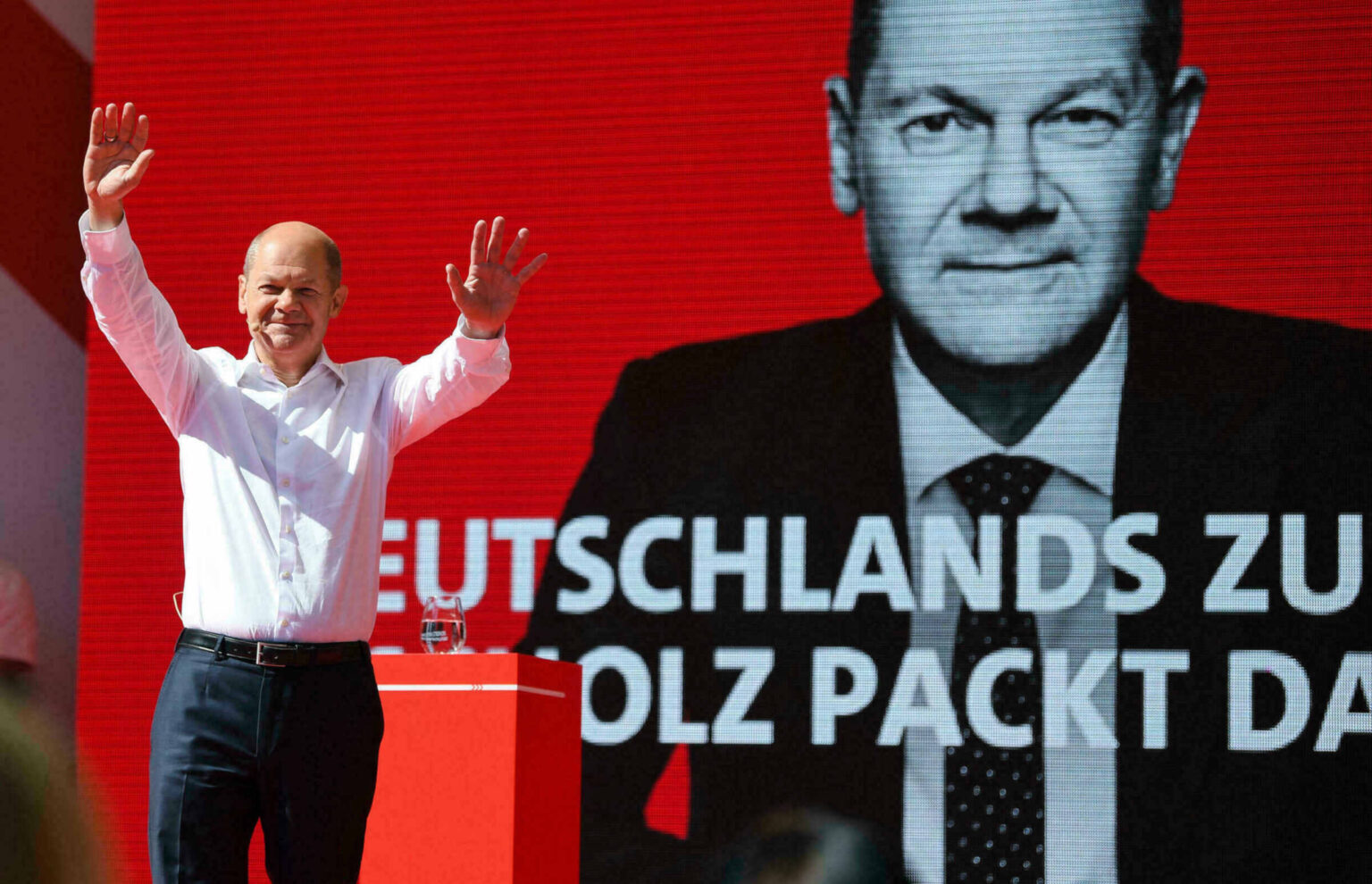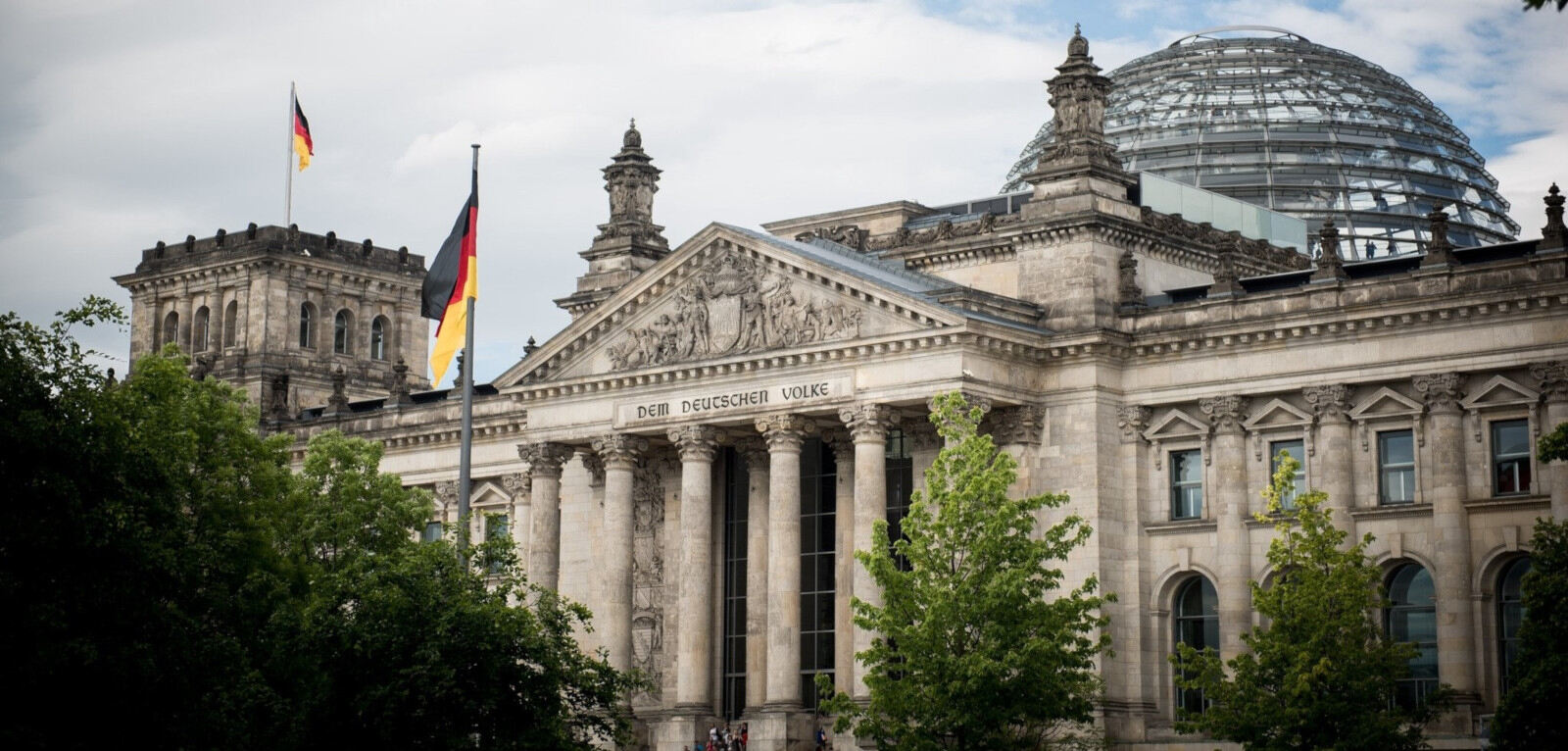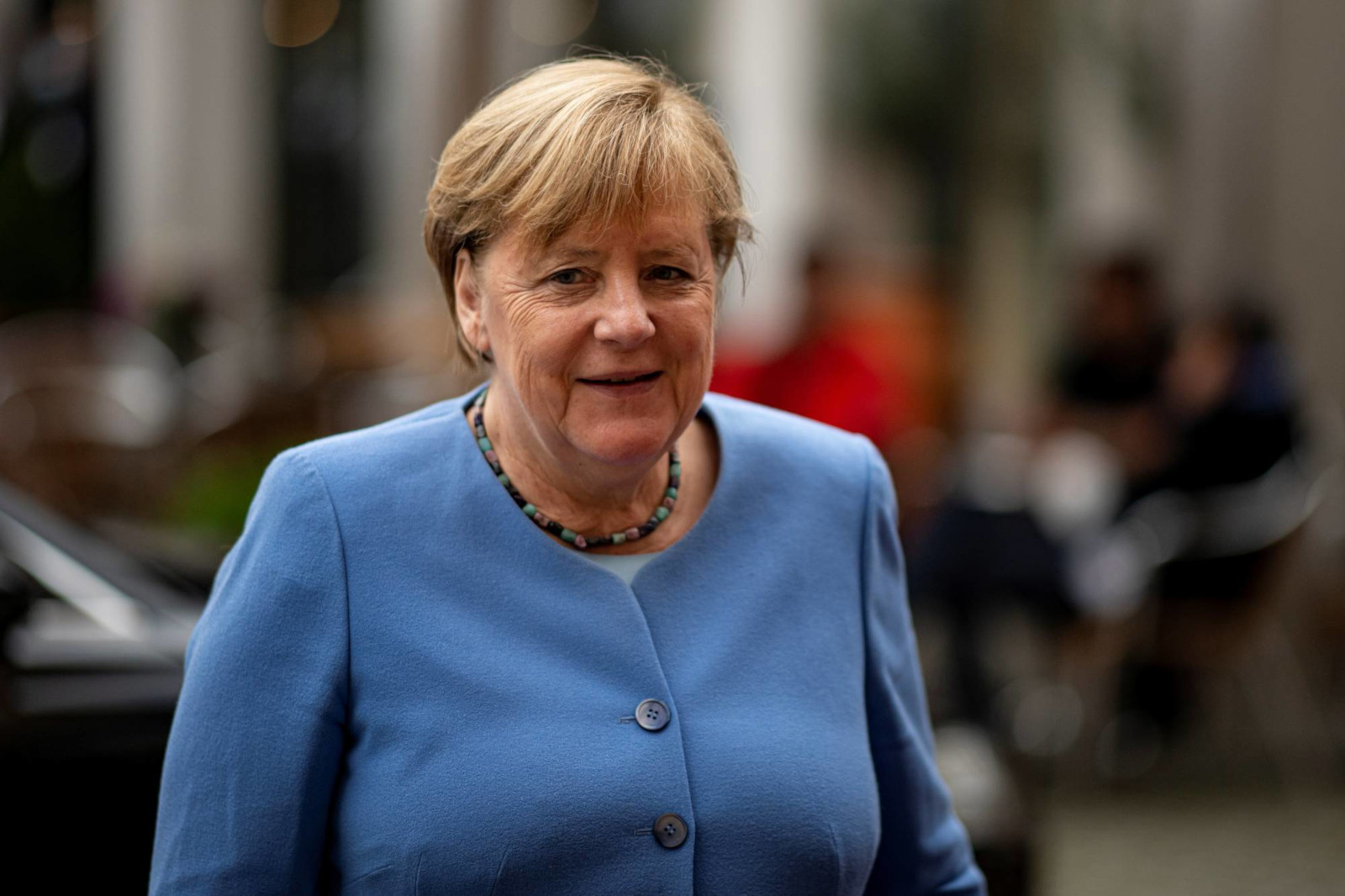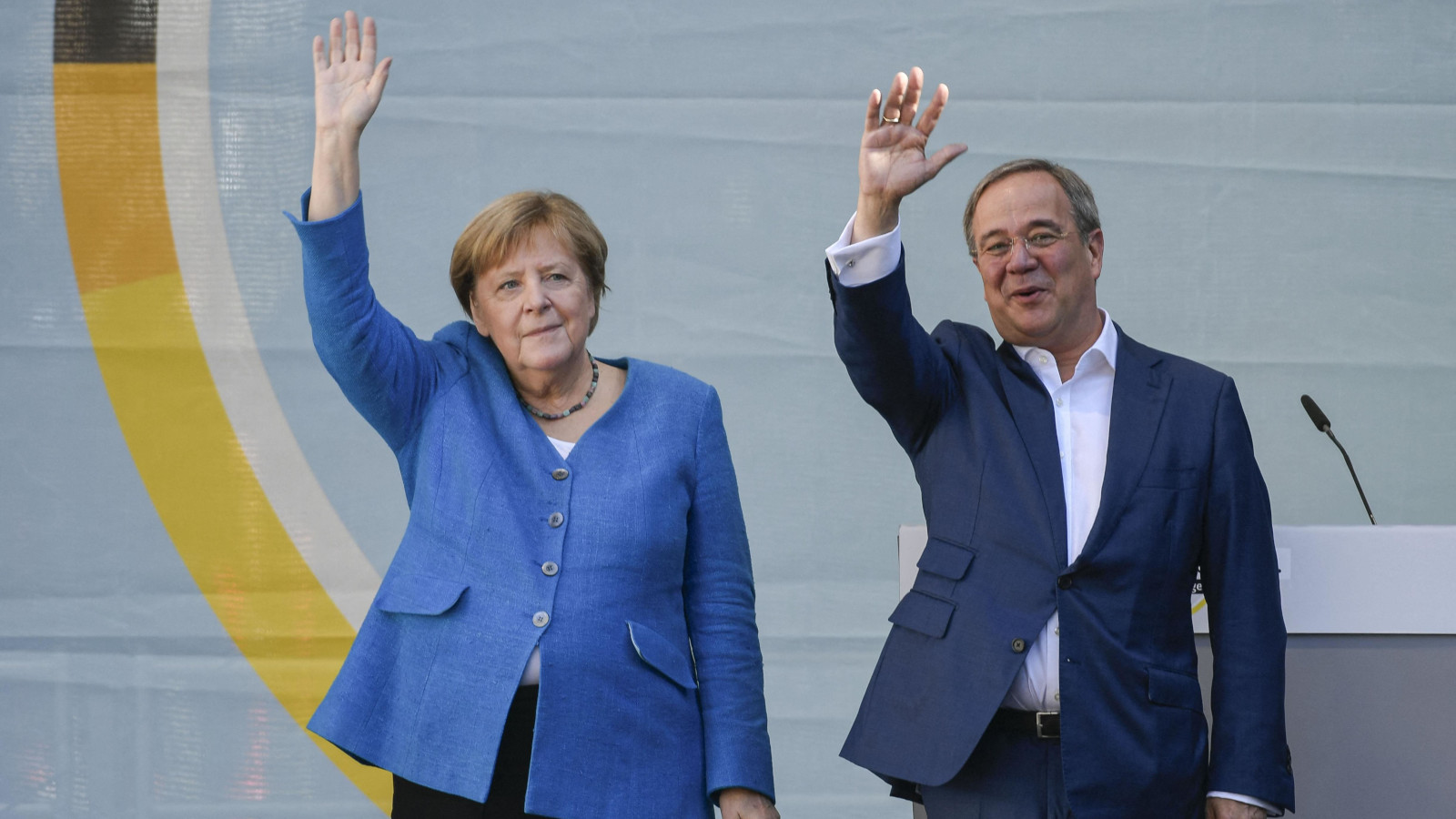
Will Olaf Scholz replace Angela Merkel in Germany’s government?
Chancellor Angela Merkel, who has been the leader of Germany’s government since November 2005, looks as if she may well be on her way out of politics. The country held its Bundestag election on Sunday, September 26th, resulting in the victory of the Social Democratic Party candidate Olaf Scholz.
Merkel’s conservative party, the bloc of the Christian Democratic Union and Christian Social Union, was handed its worst defeat in an election since the party’s inception after World War II. Much like the situation in the United States, the COVID-19 pandemic has led to heightened partisanship and extremism in German politics.
As the changing of the guard occurs, it’s unclear whether the norms of the left & right will continue in Germany’s government.

Bundestag election’s aftermath
The victory of the Social Democrats over Merkel’s conservative party is considered a major upset, as five of the eight chancellors at the helm of Germany’s government since World War II have been conservative.
Olaf Scholz, who seems to be positioned to take over the chancellorship, once served as Merkel’s finance minister and vice-chancellor. In many ways, Scholz seems to have been groomed for the position. Yet, he is set to lead the country when they are at a point of severe political divisions.

As far as left versus right politics go, the Bundestag election was nearly a draw. 45.4 percent of the total votes went to the liberal factions of the Social Democrats, the Green Party, and the Left Party. Slightly edging out the left-leaning votes were those tallied for the conservatives, such as Merkel’s Christian Democratic Union, the Free Democrats, and the extremist Alternative for Germany party, totaling 45.9 percent.
Despite the right-leaning parties amassing more of the vote, Sunday’s election signaled a historic shift towards the left for Germany’s government. Almost 2 million voters switched their allegiance from the Christian Democrats to the Social Democratic Party. Over 1 million people left the Christian Democrats and instead voted for either the Free Democrats or the Green Party.

Merkel’s legacy
Although both Merkel and her party suffered a crushing defeat in this year’s German federal election, chancellor Angela Merkel leaves behind a career that’s nearly unmatched in modern international politics. Having been in power within Germany’s government for nearly sixteen years, she has had to be in charge of diplomatic relations with four different United States presidents.
Not only has Merkel been an ally to the United States, but she also championed human rights during her tenure as chancellor. During the migrant crisis of the 2010s, Merkel urged the German government and people to make the country a safe haven for asylum-seekers from the Middle East and Africa. Merkel also pushed Germany to have the strongest European economy, as well as being a world leader in renewable energy.

Olaf Scholz and the future of Germany
Although progressives are excited by the victory of Olaf Scholz in the federal election, it will be an unclear road forward for the nation. Much like in the United States and other European nations, center-right political affiliation has shrunk as far-right nationalism has surged.
Olaf Scholz’s Social Democratic Party wishes to present Germany as a nation unified by its diversity of culture, something that the conservative Merkel didn’t think was possible. As global politics shift after the pandemic that rocked the world’s institutions, it will be interesting to see the decisions that G7 countries like Germany make to perhaps pave the way to a more equitable world.
—
As climate change presents new challenges daily, strife grows in underdeveloped nations, and technology becomes more ubiquitous, maybe Olaf Scholz can be a beacon for Germany’s government to navigate these trying times. Let us know if you agree or disagree in the comments.







